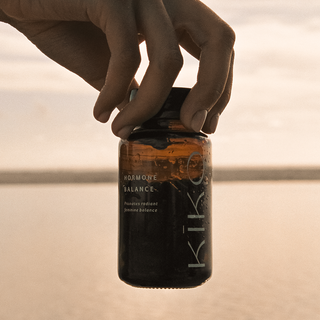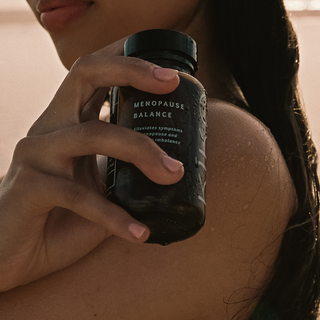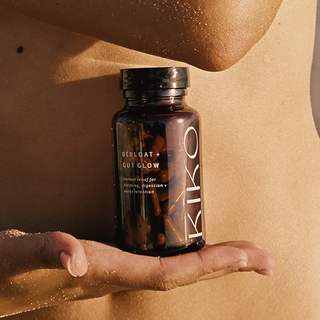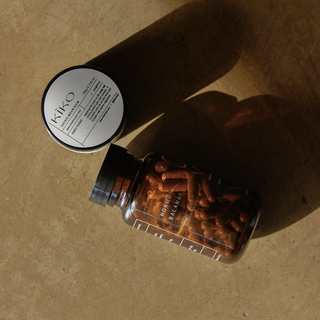
With so much data at our disposal, we can now predict a woman’s menstrual cycle. Since we can predict this event, we can also medically prepare ourselves to avoid hormonal changes and carry on with our lives during a menstrual cycle.
Period pains can cause mild or severe symptoms in some people. You may experience lower back and thigh pain, headaches, mood swings, difficulty sleeping, and other symptoms. The good news is that you can now treat these symptoms at the comfort of your own home.
To relieve cramps and the majority of the symptoms associated with periods, you can use over-the-counter medications and home remedies. We’ve compiled a list of some of the best treatments to help you deal with period pains from month to month.
Here are some remedies to help you deal with period pains.
1. Balancing Pills or Capsules
Hormonal imbalance supplements are a true evolution in the treatment of menstrual pain in women. Hormonal Imbalance supplements work by influencing the body’s chemical messengers to produce adequate hormones when they are deficient or abundant. These pills or capsules help to balance your hormones, allowing you to feel great during periods.
Hormonal Imbalance supplements contain Maca, black cohosh, dandelion root, dong quai, ashwagandha, and other ingredients capable of restoring hormone levels to normal. These supplements are becoming increasingly popular as many women have discovered how beneficial they are during their menstrual cycles.
The benefit of taking these supplements extends beyond relief from menstrual cramps. Users benefit from having a clearer skin, increased energy levels, and better sleep. Benefits that are linked to period pains symptoms include but are not limited to improved mood, less bloating, and lesser PMS symptoms.
2. Use A Combination Of Vitamins, Mineral Calcium, Ginger and Exercise
What you eat during your menstrual cycle will determine how much pain you will experience. As a result, eating anti-inflammatory foods such as cherries, blueberries, bell peppers, and tomatoes is essential.
Ginger is something you should consume during your period because it helps to relieve pain. To relieve pain, consume ginger four times per day. Have some vitamin sources in your body, such as vitamin B1 and vitamin D. Mineral calcium can also be taken to provide nutrients to your body.
Complement your treatment by exercising during your periods. Even if you are tired, you can engage in less strenuous forms of exercise such as yoga. Exercising can help alleviate menstrual cramps.
3. Traditional Chinese Medicine
Traditional Chinese Medicine has been practiced for centuries, and herbal medicine is used to treat dysmenorrhoea in China. Chinese herbal medicine is used to treat dysmenorrhoea in Chinese public hospitals.
Women can use these herbs as an alternative to alleviate menstrual pain. Chinese herbal medicine has been shown in studies to reduce menstrual pain.
Conventional treatment, such as contraceptive pills, acupuncture, and heat compression, have less proof of alleviating menstruation discomfort than Chinese traditional herbs.
Chinese herbs were discovered to have no side effects, and women who used them required less pain medication. If you are one of the 20% to 25% of women who aren’t helped by conventional treatment, Chinese traditional herbs may be the answer.
4. Over The Counter Medicine
Menstruation-related pain can be relieved with over-the-counter medication. Menstrual pain is caused by uterine contractions, and if the pain is severe, over-the-counter medication may be the solution.
To relieve severe menstrual pain, take ibuprofen, aspirin, or naproxen sodium.
Use over-the-counter medications only when you begin to feel cramps, and only to reduce the amount of prostaglandin in your body.
Conclusion
You should prioritize relieving yourself from menstrual pain. You don’t have to put up with pain when there are ways to alleviate it. Hormonal imbalance supplements, Chinese traditional herbs, over-the-counter medication, and consuming necessary vitamins and minerals are all ways to ensure that you have happy periods.



